Let’s be frank: celebrity vegan myths have taken root in our cultural landscape, often blooming faster than we can prune them. From red carpet interviews to social media posts, stars tout veganism as a cure-all—promising boundless energy, flawless skin, and even emotional zen. Their influence is undeniable; millions of Americans, inspired by these A-list endorsements, consider ditching meat and dairy each year. But how much of this glossy narrative holds up under scrutiny? Nutritionists and dietitians, armed with data and decades of research, are stepping in to separate fact from fiction. Behind the hype, there’s a more nuanced story about what veganism can—and cannot—do for our bodies and minds. This isn’t about debunking a lifestyle, but about grounding it in reality. So, let’s unpack 17 of the most persistent myths peddled by celebrities, with experts setting the record straight.
Myth 1: Veganism Automatically Means Weight Loss
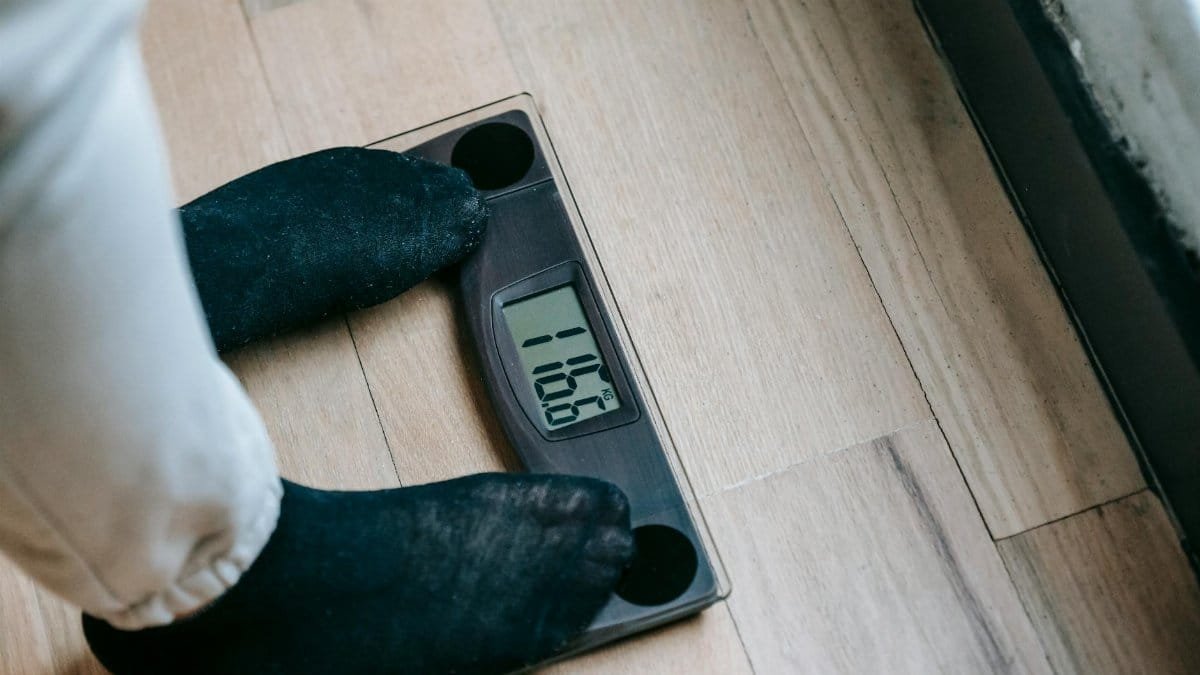
Countless stars have credited vegan diets for shedding pounds effortlessly, painting it as a guaranteed slim-down strategy. But nutritionists caution against this oversimplification. “A vegan diet isn’t a magic bullet for weight loss,” says Dr. Lisa Young, a registered dietitian and author based in New York. Calories still matter—vegan junk food like chips and sugary desserts can pile on pounds just as easily as their non-vegan counterparts. A 2021 study from the University of Oxford supports this, finding no significant weight loss difference between vegan and non-vegan groups when calorie intake wasn’t controlled. Find more on this research at University of Oxford News. The takeaway? Veganism can aid weight management with mindful eating, but it’s not an automatic fix.
Myth 2: You Can’t Get Enough Protein on a Vegan Diet
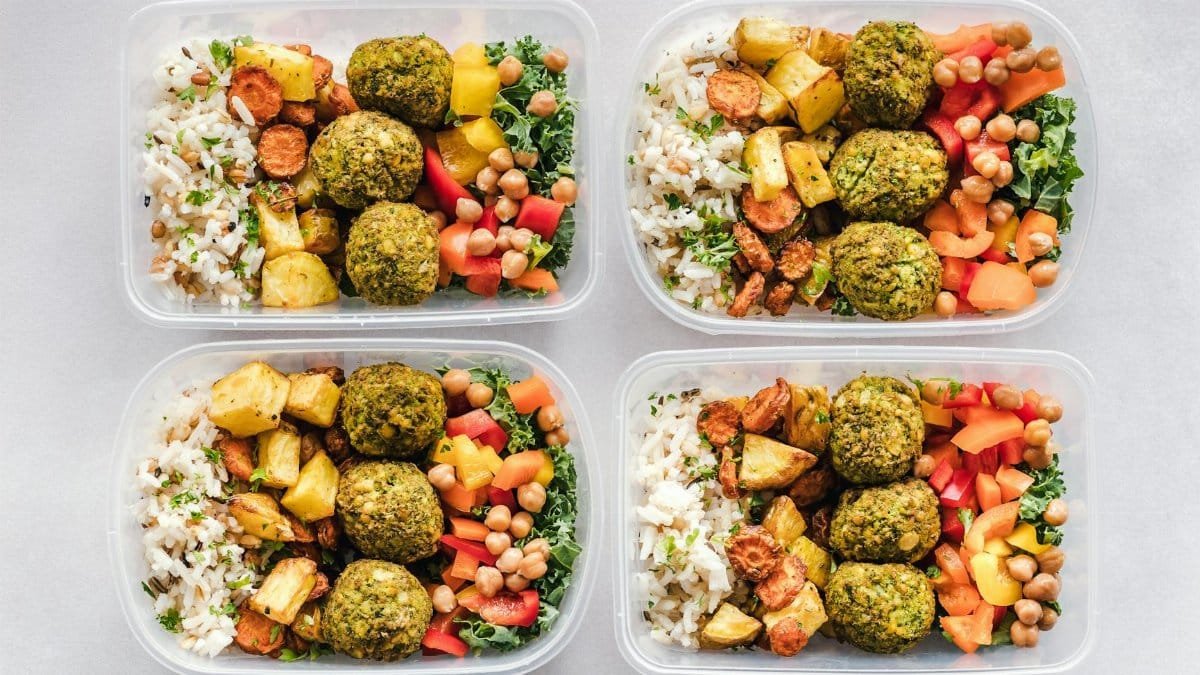
Some celebrities have flip-flopped, claiming they abandoned veganism because protein was “impossible” to get. This myth alarms many considering the switch. Yet, experts like Dr. Reed Mangels of the Vegetarian Resource Group counter that plant-based protein is abundant if planned properly. Think lentils, tofu, tempeh, and even quinoa—foods that pack a punch. The Academy of Nutrition and Dietetics confirms a well-planned vegan diet meets protein needs for all ages. Dive into their position paper at Academy of Nutrition and Dietetics. The real issue isn’t scarcity; it’s education on variety.
Myth 3: Veganism Cures All Skin Problems

Stars often glow on camera, attributing clear skin to their vegan lifestyle. While cutting dairy can help some with acne—due to reduced hormonal triggers—nutritionists stress it’s not a universal remedy. “Skin health ties to genetics, stress, and overall diet balance, not just one choice,” notes dietitian Sarah Krieger. A vegan diet lacking essential fats or vitamins like B12 can even dull skin. Balance matters more than buzzwords.
Myth 4: Vegan Diets Boost Energy to Superhuman Levels
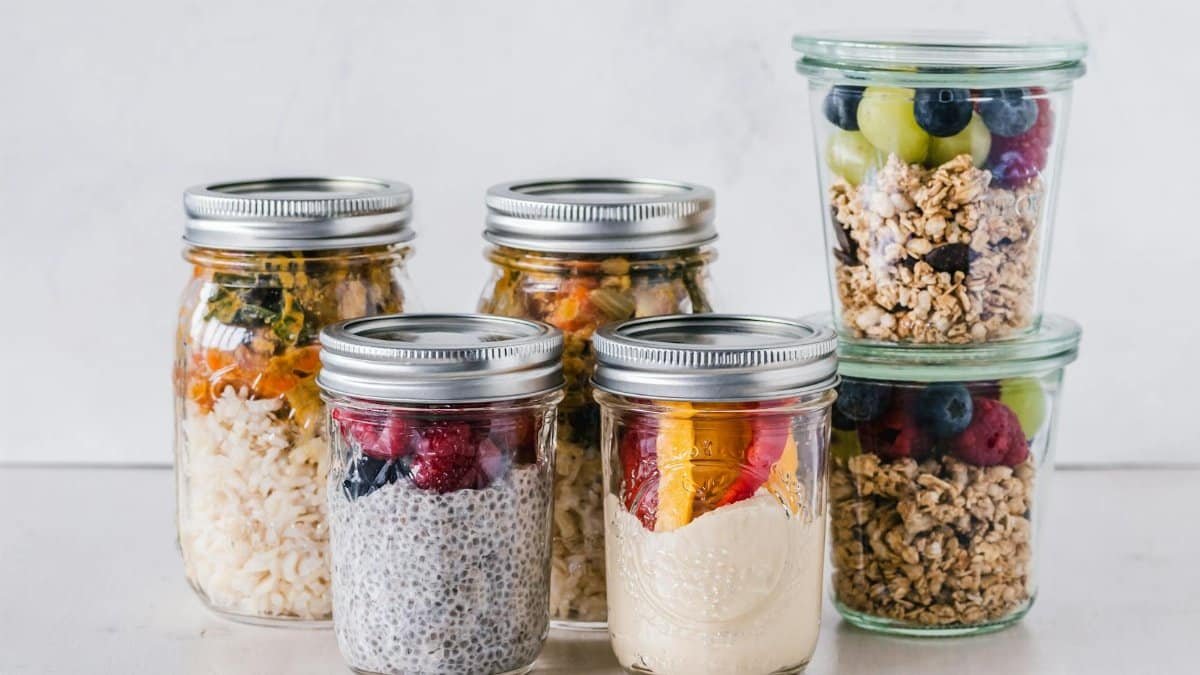
Hear a celebrity rave about boundless energy post-veganism, and it’s tempting to believe. But science tempers the hype. Energy spikes often come from cutting processed foods, not veganism itself. Poorly planned vegan diets can lead to fatigue if iron or B12 levels drop. A report from the National Institutes of Health highlights iron deficiency risks in vegans without strategic food choices. Check their insights at NIH Iron Fact Sheet. Energy isn’t a given; it’s earned through careful planning.
Myth 5: Veganism Prevents Heart Disease Overnight
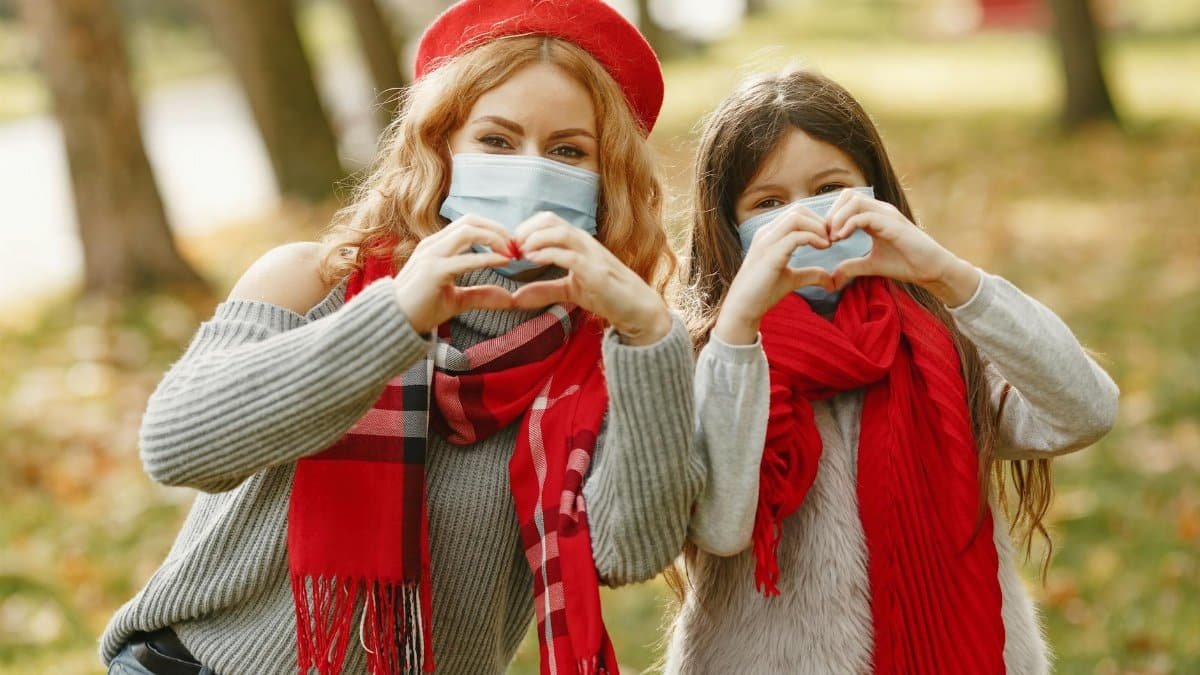
Some A-listers claim going vegan instantly shields the heart. True, plant-based diets often lower cholesterol, but “overnight” is a stretch. Long-term studies, like those from the American Heart Association, show benefits emerge over years with consistent healthy choices, not just ditching meat. Explore their findings at American Heart Association. Veganism can be heart-friendly, but it’s no instant cure.
Myth 6: You’ll Never Feel Hungry on a Vegan Diet

Celebrity testimonials sometimes suggest vegan meals keep hunger at bay indefinitely. Nutritionists roll their eyes at this. Fiber-rich vegan foods can indeed promote fullness, but portion size and nutrient density still rule. “If you’re not getting enough calories or fats, hunger creeps in,” explains dietitian Taylor Wolfram. It’s less about the label and more about the balance on your plate.
Myth 7: Veganism Reverses Hair Loss

A few stars have linked veganism to thicker, shinier hair, even claiming it reverses loss. Experts disagree. Hair health hinges on nutrients like biotin, iron, and protein—available in vegan foods but not guaranteed. Deficiencies, common in poorly planned vegan diets, can worsen hair thinning. It’s not a fix; it’s a gamble without guidance.
Myth 8: Vegan Diets Cure Depression
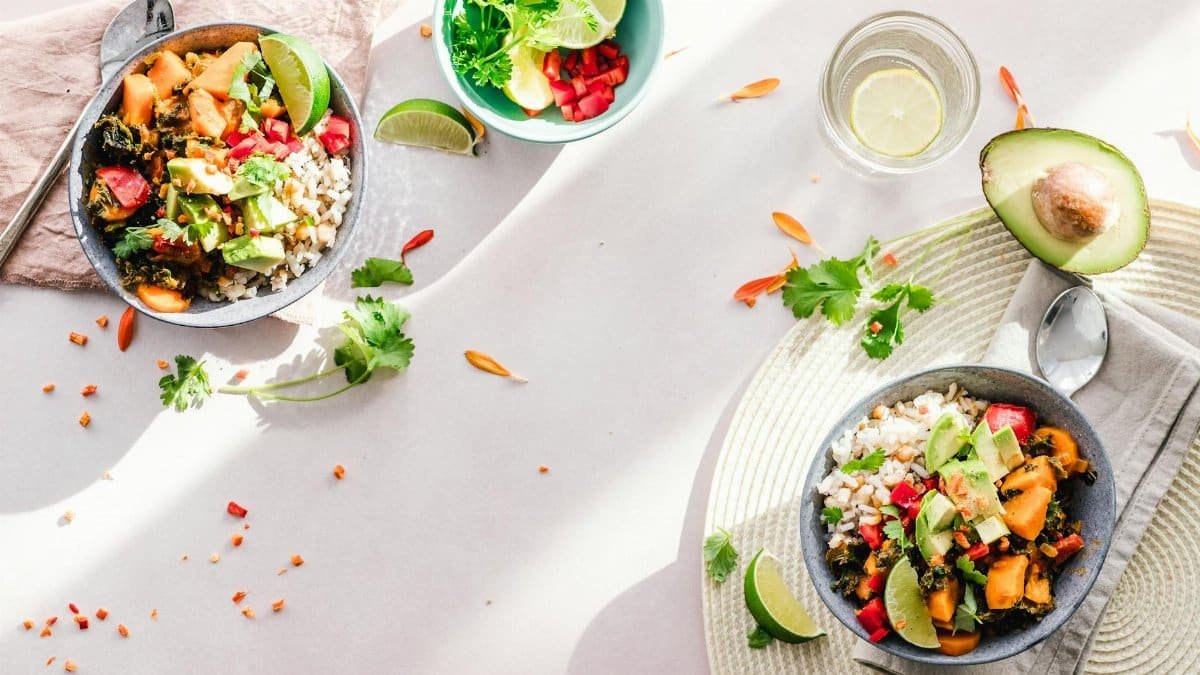
Emotional wellness often gets tied to veganism in celebrity narratives. A plant-based diet can support mental health through anti-inflammatory foods, but it’s no cure for clinical depression. Studies show mixed results; nutrient gaps like omega-3s can even exacerbate mood issues. Mental health demands a broader approach beyond diet alone.
Myth 9: Veganism Is Always Environmentally Perfect

Stars champion veganism as the ultimate eco-choice. While it often cuts carbon footprints, not all vegan foods are green. Avocados and almonds, for instance, can strain water resources. The environmental win depends on sourcing and variety, not just the vegan label. It’s a step, not a solution.
Myth 10: Kids Can’t Thrive on Vegan Diets

Some celebrity parents face backlash for raising vegan kids, with critics claiming it’s unsafe. Nutritionists say it’s doable with meticulous planning. The key is ensuring B12, iron, and calcium through fortified foods or supplements. It’s not impossible, just demanding.
Myth 11: Veganism Means No More Cravings

A star might claim veganism killed their junk food cravings. Hardly. Cravings are psychological and habitual, not tied solely to meat or dairy. Vegan sweets and snacks can still tempt. Managing desire takes more than a dietary switch; it’s about rewiring habits.
Myth 12: Vegan Diets Are Cheaper
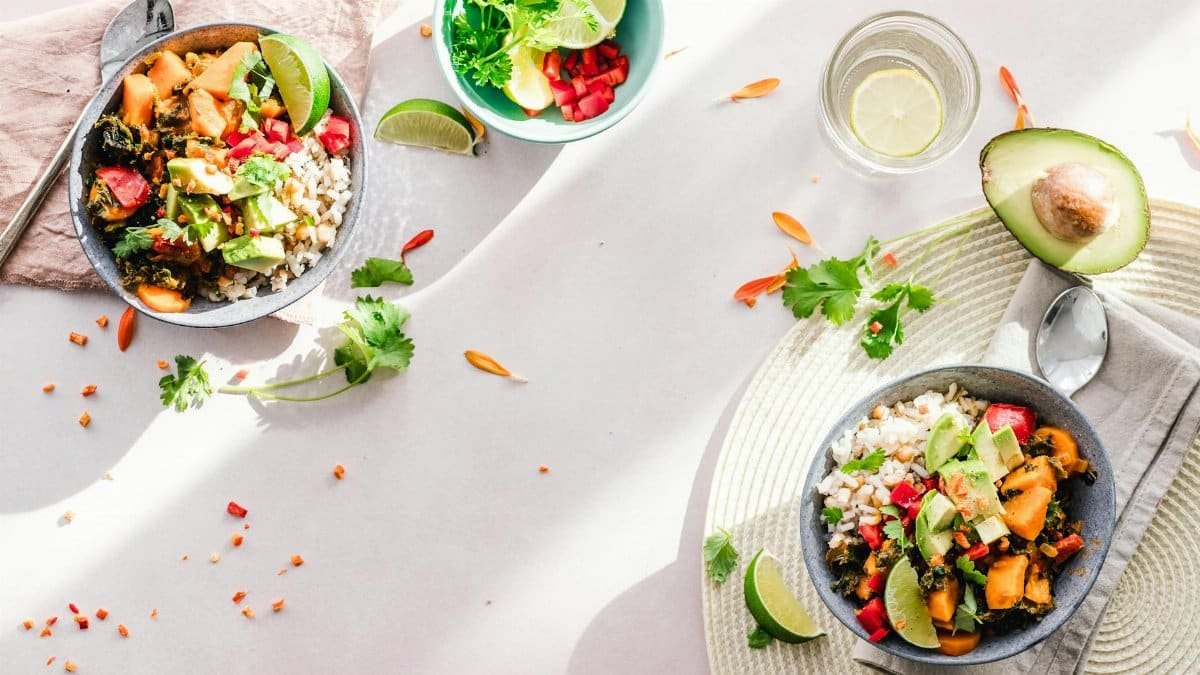
Celebrities sometimes spin veganism as budget-friendly. Reality check: specialty vegan products often cost more. While beans and grains are affordable, processed vegan meats and cheeses aren’t. Cost depends on how you shop, not the diet itself.
Myth 13: Veganism Strengthens Immunity Instantly
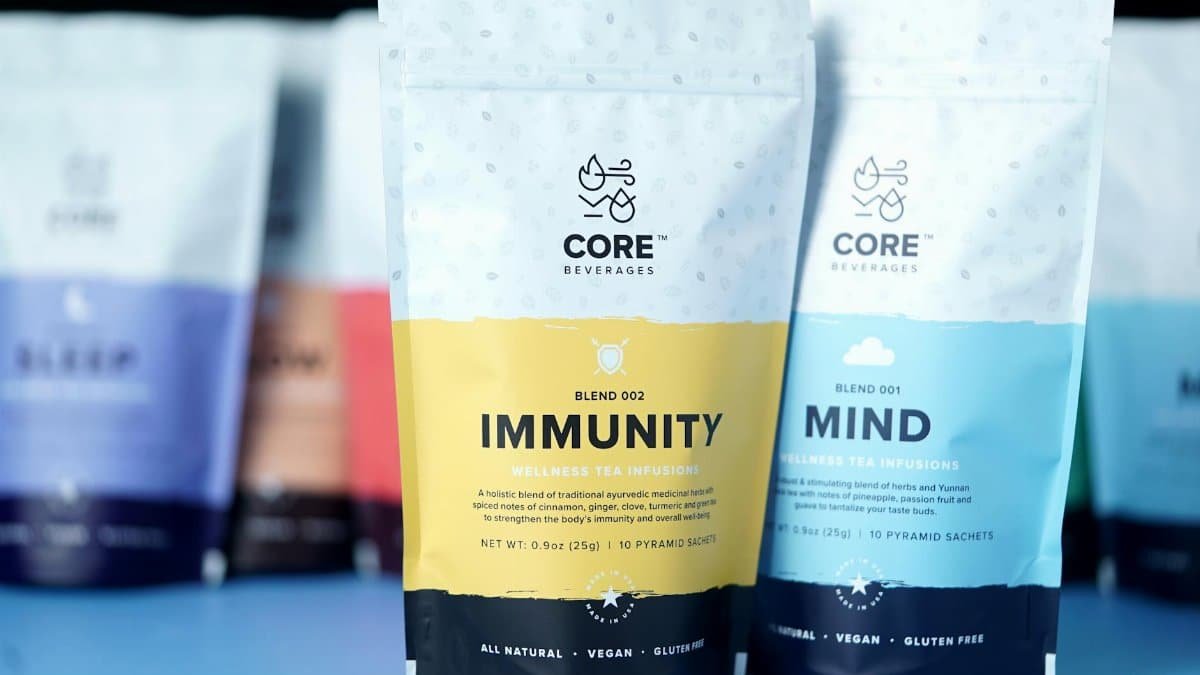
Claims of bulletproof immunity from vegan stars don’t hold up. Plant-based diets rich in vitamins can support immune function, but there’s no overnight boost. Nutrient balance over time matters most. It’s a long game, not a quick shield.
Myth 14: You Don’t Need Supplements on a Vegan Diet
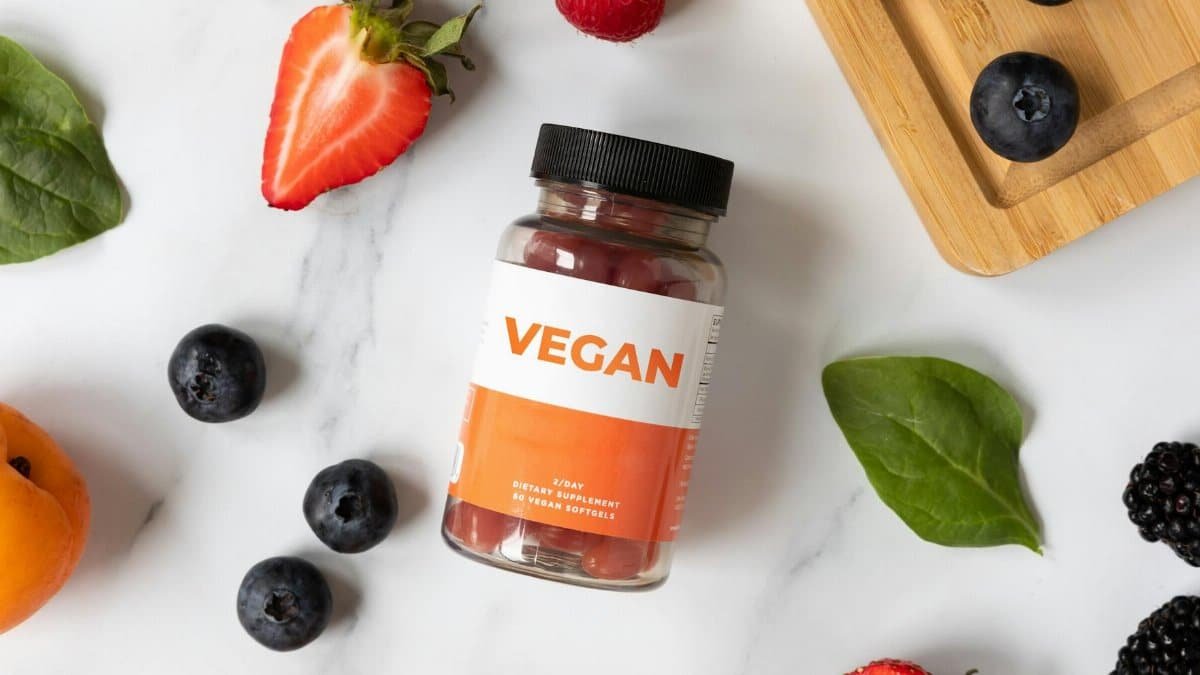
Some celebrities insist a “natural” vegan diet covers all bases. Experts beg to differ. B12, almost exclusively from animal sources, requires supplementation or fortified foods. Ignoring this risks serious health issues. Planning trumps pride.
Myth 15: Veganism Is a One-Size-Fits-All Solution

Stars often pitch veganism as perfect for everyone. Nutritionists note individual needs vary—genetics, activity levels, and health conditions shape what works. For some, veganism fits; for others, it’s a struggle. Personalization beats blanket claims.
Myth 16: Vegan Diets Cure Digestive Issues
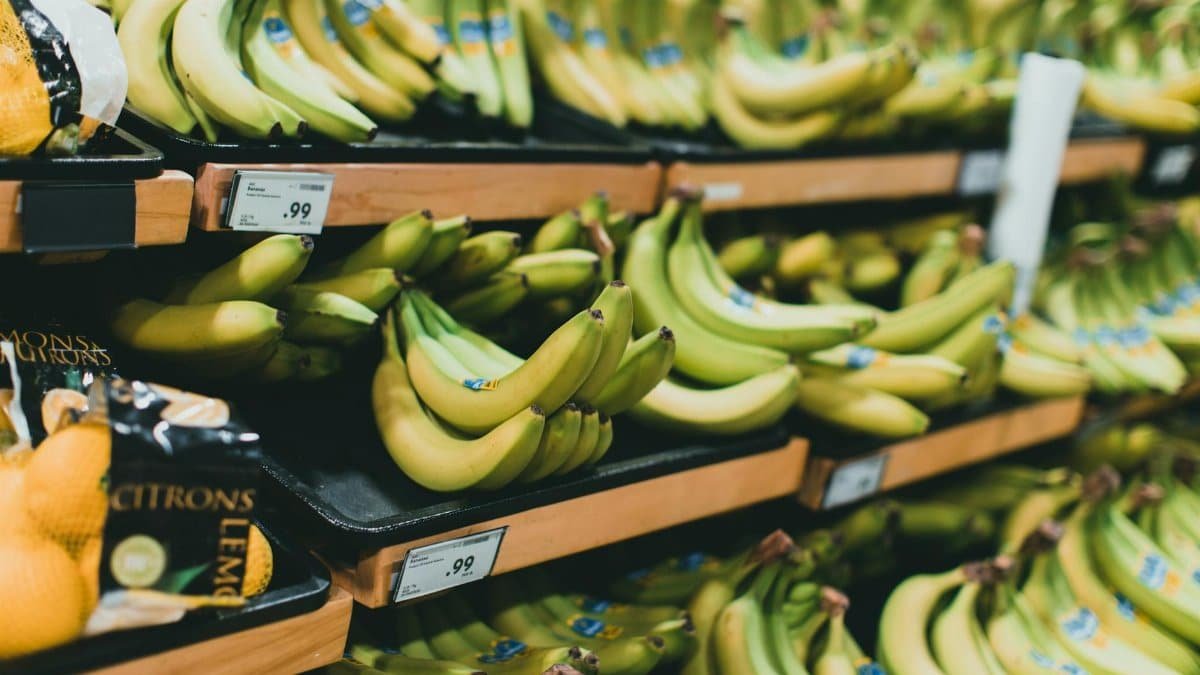
Celebrity anecdotes link veganism to flawless digestion. Sometimes true—fiber helps—but high-fiber switches can also cause bloating initially. Conditions like IBS need tailored approaches. Veganism isn’t a universal gut fix; it’s a tool, not a cure.
Myth 17: Going Vegan Is Easy for Everyone
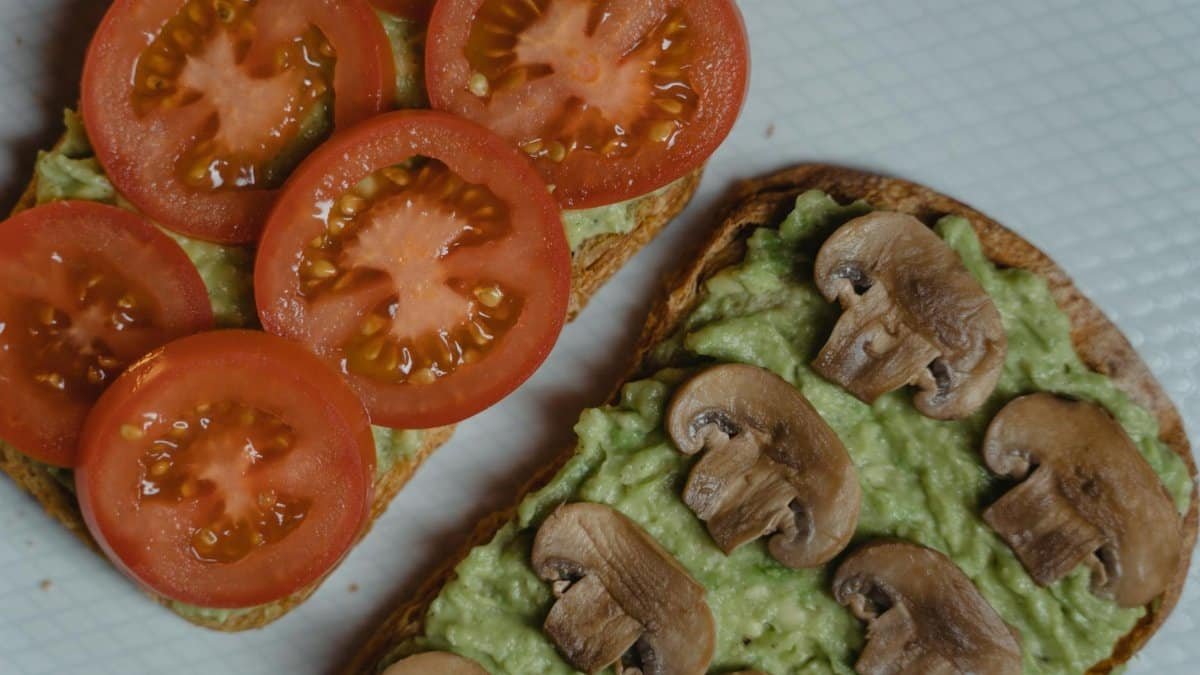
Finally, the notion that veganism is a seamless transition, as some stars suggest, ignores real challenges. Access to fresh produce, time for meal prep, and cultural food ties complicate the shift. Online, one anonymous poster shared frustration over limited vegan options in their rural town, echoing a common hurdle. Ease depends on resources and resolve, not just willpower.
As these 17 celebrity vegan myths reveal, the truth about plant-based living is far less glamorous than Hollywood soundbites suggest. It’s a viable path for many, with benefits for health and planet alike, but only when grounded in realistic expectations and expert guidance. Nutritionists urge curiosity over blind trust in star-studded claims. The vegan journey, like any, demands nuance—something no red carpet quote can fully capture. So, next time a celebrity touts a dietary miracle, pause. Dig deeper. The real story often lies in the fine print.
